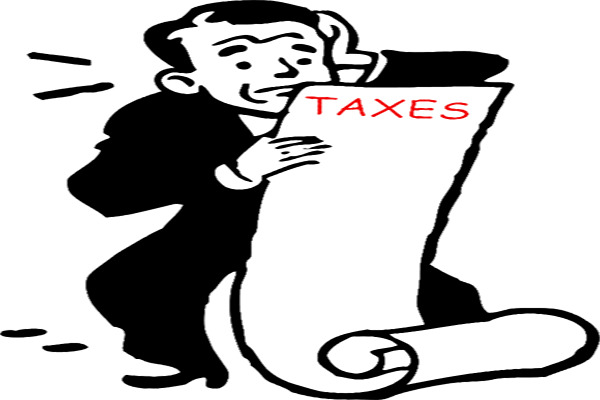Nevada Gov. Brian Sandoval is proposing a new package of business taxes and fees to help fund a planned $700 million increase in state spending.
Sandoval outlined his plan to raise $440 million in new tax revenue over the next two years, including levying a “margin tax,” a tax on a business’s gross receipts.
Taxpayers should be concerned about Sandoval’s tax plan, said National Taxpayers Union Communications Manager Douglas Kellogg.
“He [Sandoval] acknowledged concerns about the tax’s burden expanding in the future, and did not offer any plan to contain that,” Kellogg said. “Taxpayers are going to be unsettled by that.”
Pitching his proposal during a January 29 press conference, the Republican Sandoval said his plan is based on a similar tax in Texas. Bringing the margins tax to Nevada would also create problems similar to those in Texas, Kellogg says.
“As with many estimates of tax revenue, margins tax revenue estimates in Texas were higher than what the government actually collected,” he said. “So it seems quite plausible revenues could miss projections and lead to the tax expanding in one way or another.”
‘Terrible Way to Design a Tax’
Nevada Policy Research Institute Executive Vice President Victor Joecks says the governor’s proposal is a very bad idea.
“There are just structural problems with gross receipts taxes, from tax pyramiding to taxing businesses that are losing money. It’s a terrible way to design a tax,” Joecks said.
“I don’t think there’s anything positive you could say about this new tax,” he said.
Proposal Favors Big Businesses
A major problem with Sandoval’s tax plan, Joecks said, is it favors larger businesses over smaller ones.
“Let’s use the example of a desk. The person who cuts the lumber gets taxed, the person who ships the lumber gets taxed, the person who designs the desk gets taxed, the wholesaler gets taxed,… and then the final retailer gets taxed,” he explained. “So, you have products getting assessed a tax five or six different times on the same product, whereas—if there is just one company that does all of those things internally—they pay the tax only once.”
“We talk about a structural problem—the tax favors companies that are larger and more integrated, at the expense of those that are smaller and do only one step in the supply chain. It’s not that there’s anything wrong or bad about either type of company. You just shouldn’t have a tax system that favors one over the other,” Joecks said.
Jeffery Reynolds ([email protected]) writes from Portland, Oregon.
Internet Info:
“Tax Pyramiding: The Economic Consequences of Gross Receipts Taxes,” Andrew Chamberlain and Patrick Fleenor, Tax Foundation, http://heartland.org/policy-documents/tax-pyramiding-economic-consequences-gross-receipts-taxes/




